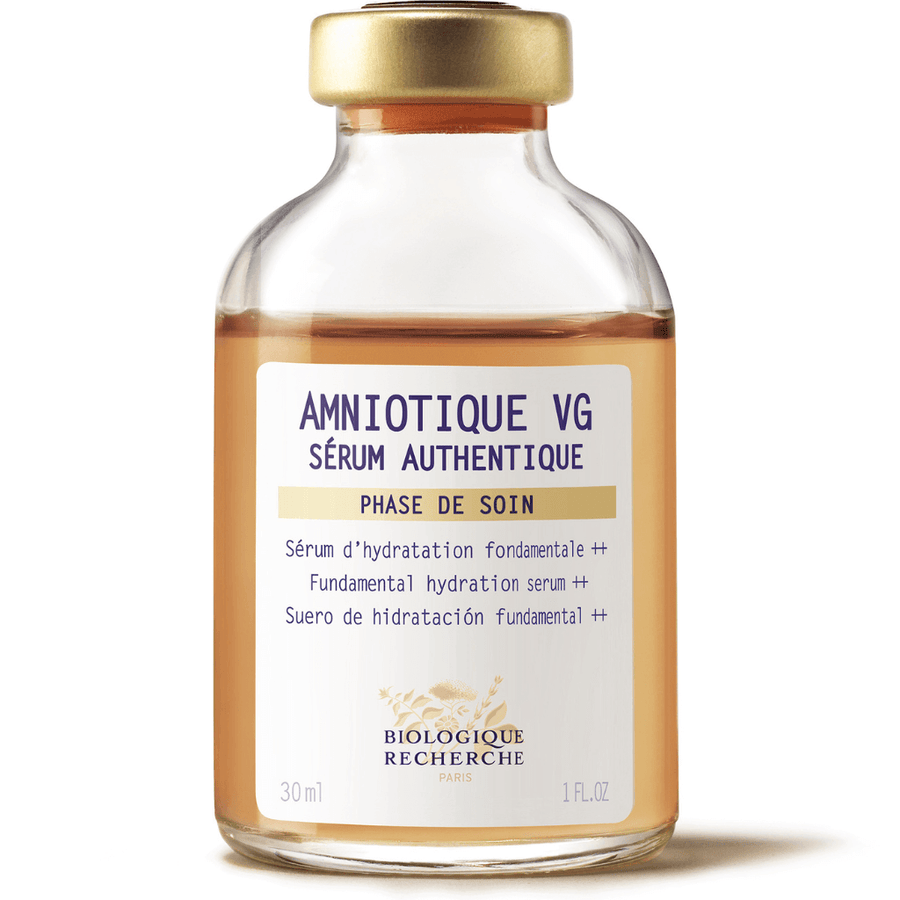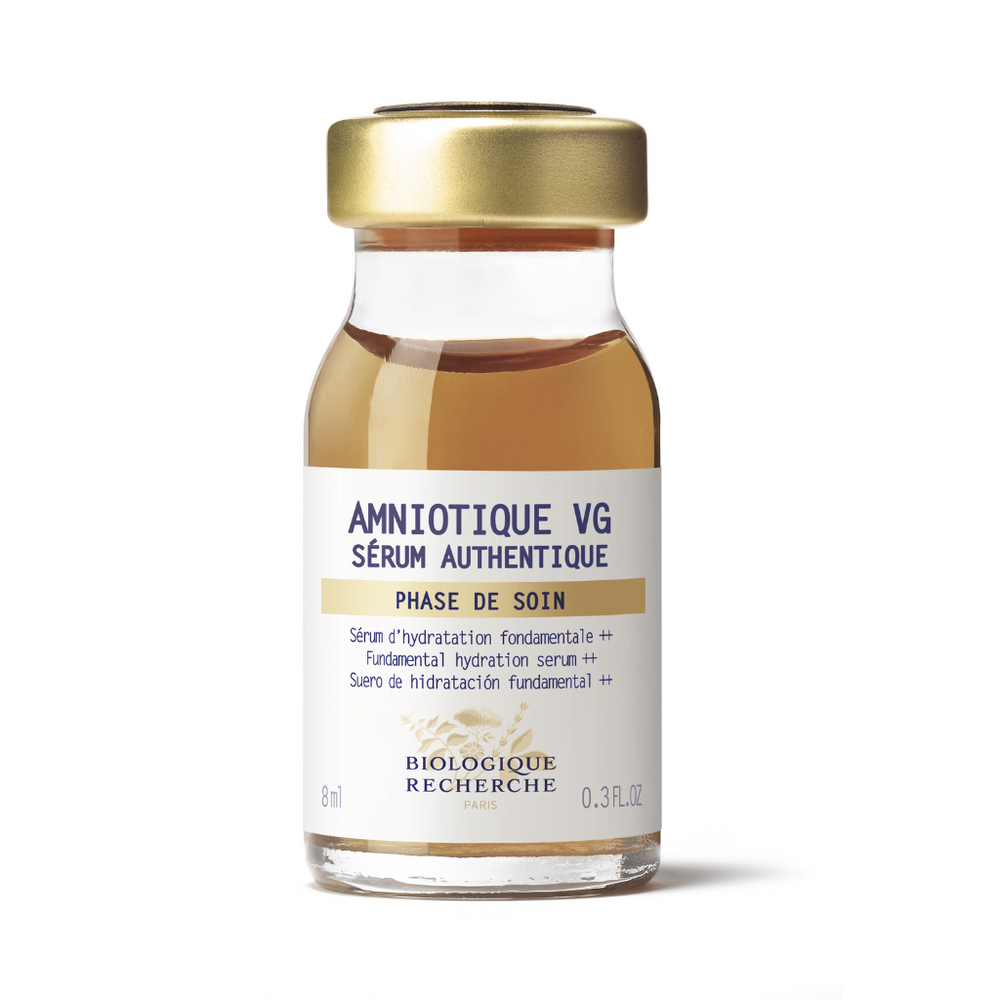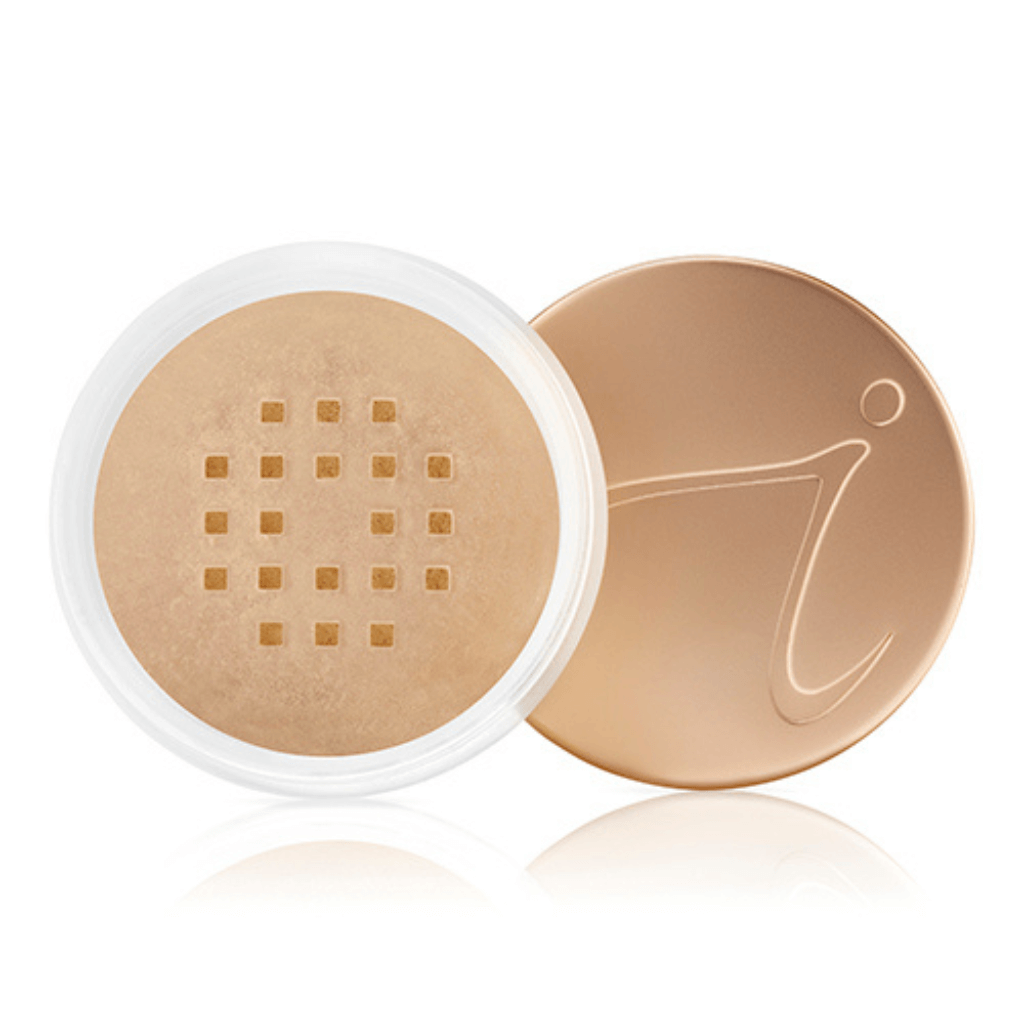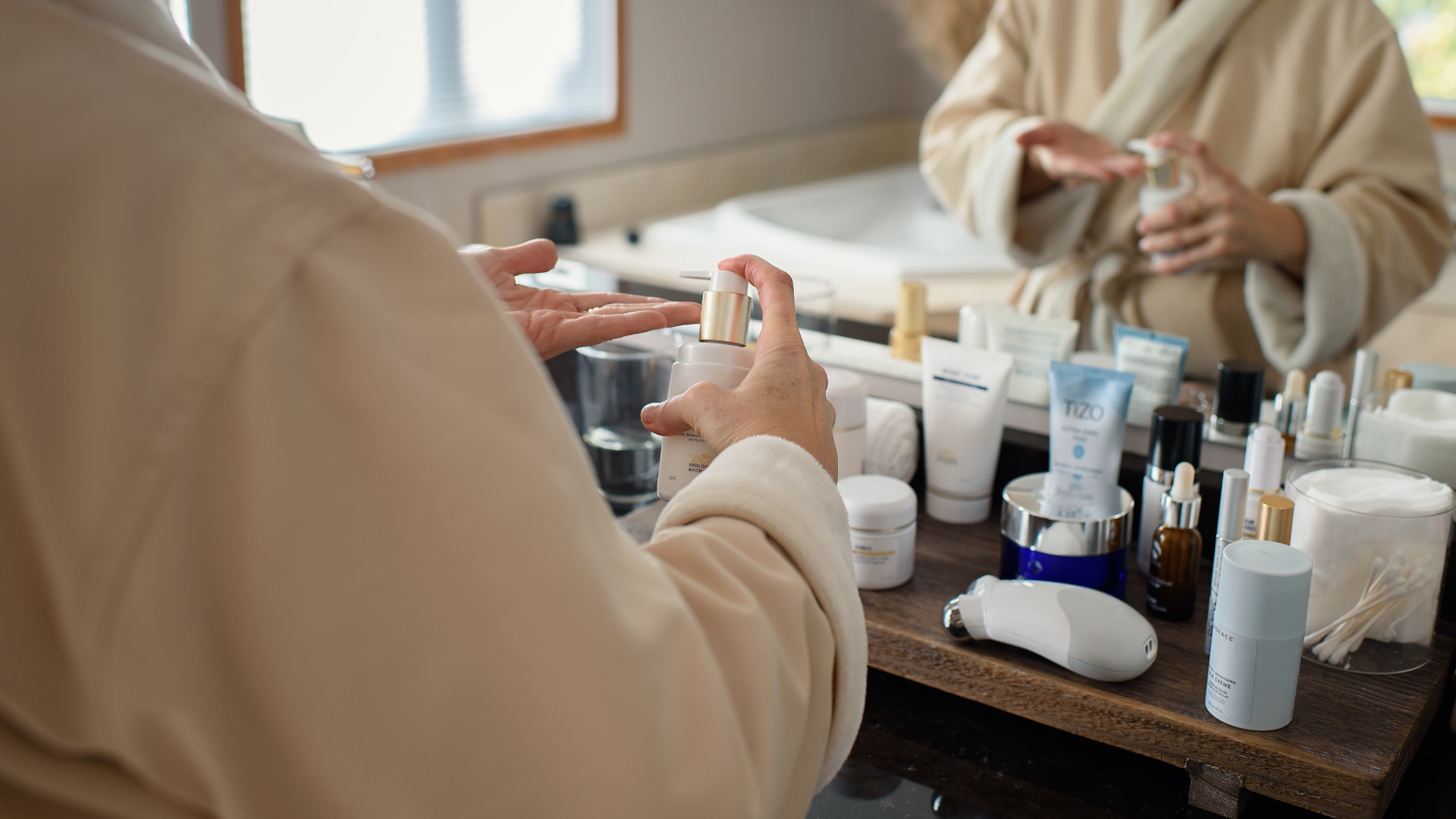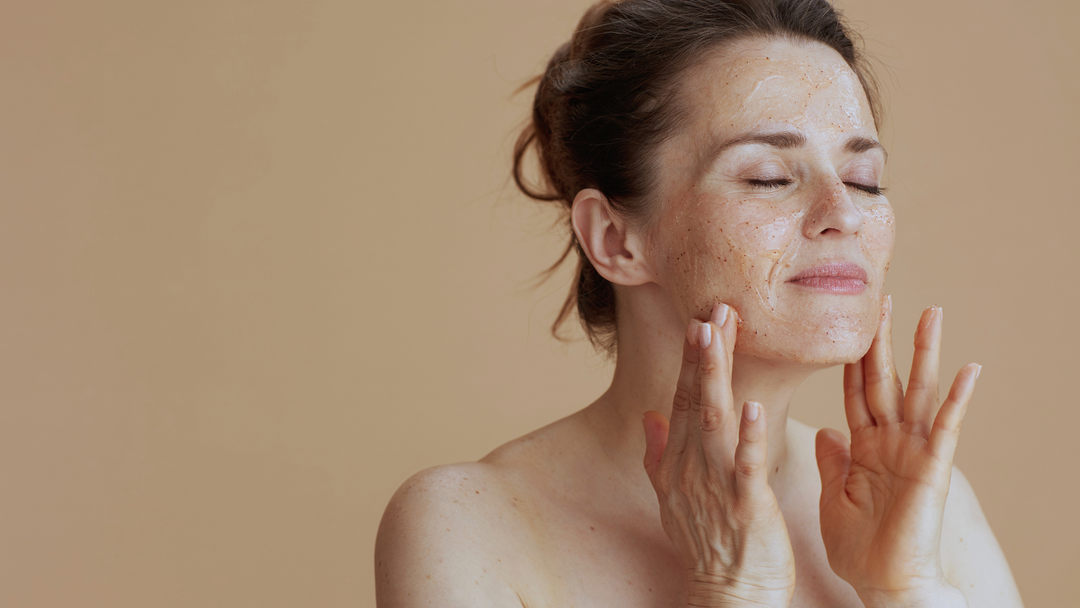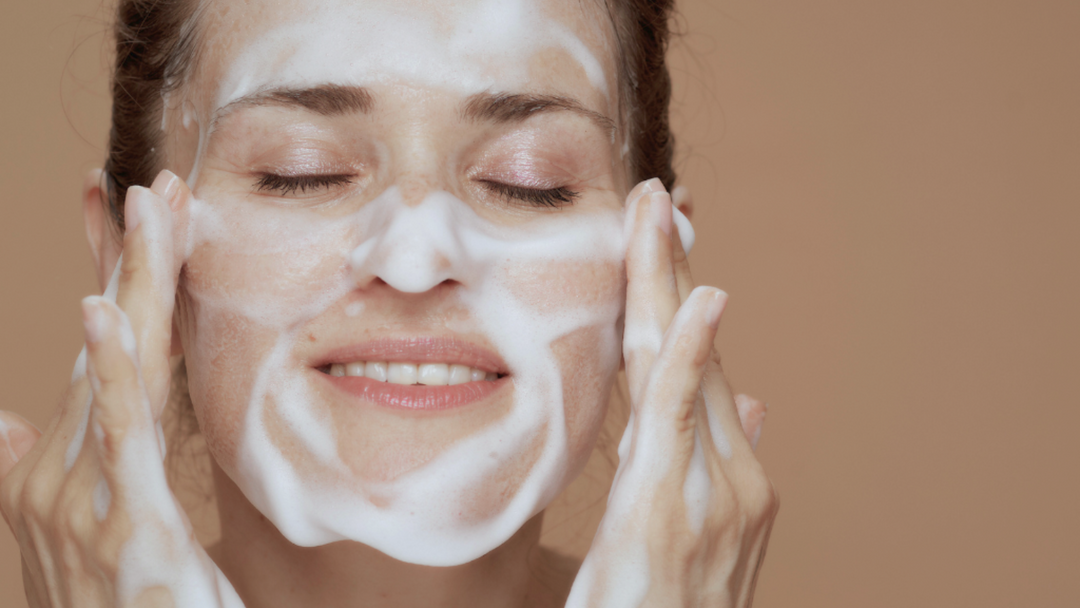Navigating Your Skincare Journey: A Priority Investment Guide for Your First Product Picks
Alright, now that you've got a handle on your skin type and skin concern, let's kick things off by talking about time and money. We're here to make sure you're not spending your hard-earned money on skincare products that end up unused. Our commitment is to help guide you in making smart and intentional investments.
Keeping It Simple - The Basics: A 3-Step Skincare Routine:
In the vast landscape of skincare, an effective routine doesn't need to be complicated. Let’s start with the core basics of skincare investment: Cleanse, Protect, and SPF. This straightforward routine is your ticket to achieving and maintaining healthy, radiant skin. And here's a little secret – SPF takes center stage in this trio.
Step 1: Wash - Cleanser
First up, let's talk cleansers. It's all about choosing the right one for your skin type. If you're on the oilier or combo side, go for a refreshing gel cleanser. If your skin tends to be on the drier or more sensitive side, a gentle cream cleanser is your go-to. Cleansing is the foundation of any skincare routine, ensuring a clean canvas for the goodness that follows.
Pro Tip: Did you know you should wash your face twice at night time? At the end of the day, we have dirt, oil, sweat, and SPF you need to thoroughly cleanse away so that your cream and treatment serums can work their magic.
In the morning, you can even skin the cleanse ( unless you are oily or acneic) and go straight to your moisturizer and SPF!
Step 2: Protect - Moisturizer
This isn't just any cream; it's your skin's protective shield and should be a nutritional powerhouse. Pick a face cream that aligns with your skin type and addresses your unique concerns. Whether it's hydration, anti-aging, congestion, or calming properties, you need to pick one that is suited for your skin type and skin concern. Bonus points if you choose one that can address multiple skin concerns.
Step 3: SPF - Your Skin's Shield Against the Elements
Sunscreen is not just an optional extra – it's a non-negotiable powerhouse in your skincare arsenal. Every day, we are exposed to UVA and UVB rays, 365 days a week, even indoors. Sun exposure is the number one culprit for a myriad of skin concerns, from acne to dryness, sensitivity, and aging. Plus, it's your first line of defense against skin cancer. Finding one you genuinely enjoy wearing is the secret sauce because let's face it, if you don't like it, you won't use it. Sorry to break it to you, but your trusty mineral makeup doesn't quite cut it. Consider that a bonus! Apply your chosen SPF over your face cream or opt for a face cream with SPF included. Protect your skin daily, rain or shine.
The Savvy Enthusiast: Adding Treatment Serums
This stage involves treating your skin concern with targeted serums to notice visible changes. Serums are the most potent products as far as concentration and quality. They work on a deeper level within your epiderms to change your skin. Exfoliation is key to this as it will not only reveal smooth, glowing skin, it also allow your products to penetrate deeper into your skin to allow effective change.
Serums To Start With: Vitamin C and Exfoliation
Vitamin C: The Radiance Reviver
People can't stop talking about vitamin C in skincare, and it's for a darn good reason. It's the superhero your skin didn't know it needed. Here's the scoop on why vitamin C is such a game-changer for your skin:- Antioxidant Protection: Vitamin C is a potent antioxidant that helps protect the skin from free radical damage caused by exposure to environmental stressors like UV rays and pollution. This protection is crucial in preventing premature aging and maintaining overall skin health.
- Collagen Synthesis: Vitamin C plays a vital role in collagen synthesis, a process essential for maintaining skin elasticity and firmness. Collagen is a protein that provides structure to the skin, and adequate levels contribute to a smoother and more youthful complexion.
- Brightening and Even Tone: Vitamin C is known for its skin-brightening properties. It inhibits the production of melanin, the pigment responsible for dark spots and hyperpigmentation, leading to a more even skin tone and reduced discoloration.
- Sun Damage Repair: Vitamin C can help repair skin damaged by sun exposure. While not a replacement for sunscreen, it complements sun protection by neutralizing free radicals generated by UV rays and supporting the skin's natural repair processes.
- Boosting Effectiveness of Sunscreen: When used in conjunction with sunscreen, vitamin C can enhance the effectiveness of sun protection. It adds an extra layer of defense against UV-induced damage.
Pro Tip: Apply Vitamin C in the morning only, under your moisturizer and before your SPF.
Exfoliation: The Renewal Ritual
Exfoliation plays a crucial role in maintaining healthy skin by promoting cell turnover and addressing various skin concerns. Here are the key reasons why exfoliation is considered essential for achieving and maintaining vibrant, healthy skin:
- Removal of Dead Skin Cells: Over time, dead skin cells accumulate on the skin's surface, leading to a dull and uneven complexion. Exfoliation helps slough off these dead cells, revealing fresher, brighter skin underneath.
- Stimulation of Cell Turnover: Exfoliation stimulates the skin's natural renewal process by encouraging the turnover of skin cells. This process helps in the formation of new, healthy cells, contributing to a smoother and more youthful appearance.
- Unclogging Pores: Regular exfoliation helps prevent the buildup of debris, oil, and dead skin cells within the pores. This reduces the risk of blackheads and whiteheads, promoting clearer and less congested skin.
- Optimize Absorption of Skincare Products: By removing the barrier of dead skin cells, exfoliation allows skincare products to penetrate more effectively. This means that serums, moisturizers, and other treatments can work more efficiently, delivering better results.
- Improve Skin Texture: Exfoliation helps to refine the skin's texture, making it smoother and softer. It can be particularly beneficial for individuals with rough or uneven skin surfaces.
- Reduction of Hyperpigmentation: Exfoliation can contribute to the fading of dark spots, sun damage, and hyperpigmentation. By promoting cell turnover, it helps reveal new, evenly pigmented skin.
Though exfoliation brings many advantages, it's important to handle it cautiously. Over-exfoliation can result in irritation, heightened sensitivity, and harm to the skin barrier. The frequency and method of exfoliation should be customized to your skin type and concerns. For those with sensitive skin (rated 6 or higher), it's advisable to avoid using a physical exfoliant like a scrub and opt for an enzymatic one instead.
Pro Tip: Take it easy, especially if you're new to exfoliating. Begin with once or twice a week, and gradually build up to a daily routine.
The Specialized Product Pro: Adding Retinol, Serums & Masks
You're on top of your skincare game, tackling various skin concerns, and probably loving those weekly mask sessions for some serious results. You're stepping up your game with a second or maybe even a third serum, targeting one, two, or even three concerns. And you're almost certainly bringing in the incredible power of Retinol!
Retinol: The Age-Defying Dynamo
Retinol is like the MVP of skincare, and here are just a few reasons why we love it:
- Renew and Refresh: Retinol, a derivative of vitamin A, accelerates cell turnover, promoting the shedding of old, damaged skin cells and encouraging the growth of new, healthy ones. This process results in a smoother and more youthful complexion.
- Collagen Boost: Retinol stimulates the production of collagen, a protein crucial for maintaining skin elasticity and firmness. Increased collagen levels contribute to reducing the appearance of fine lines and wrinkles.
- Treatment of Acne: Retinol is the gold standard in treating acne by preventing the formation of comedones (clogged pores) and promoting the turnover of skin cells. This process is key to preventing those clogged pores from becoming infected, red, and turning into cystic acne.
- Even Skin Tone: Retinol can fade dark spots, hyperpigmentation, and sun damage, leading to a more even skin tone. It inhibits the production of melanin, the pigment responsible for discoloration.
- Reduced Appearance of Fine Lines and Wrinkles: By promoting collagen synthesis and boosting cell turnover, retinol can visibly diminish the appearance of fine lines and wrinkles, contributing to a smoother complexion.
- Prevention of Photodamage: Regular use of retinol can help prevent and repair damage caused by exposure to ultraviolet (UV) rays. It aids in the repair of sun-damaged skin and reduces the risk of premature aging.
- Improved Texture: Retinol refines the skin's texture by smoothing rough patches and reducing the size of pores. This results in a softer, more even skin surface.
Secondary Corrective Serums
Love serums and thinking about adding a second serum to your skincare routine? It's a smart move if you have an additional skin concern. Whether it's tackling dehydration, wanting that glazed doughnut look, minimizing pore size for oily skin, or incorporating soothing ingredients for seasonal sensitivity, a secondary serum can effectively address specific skincare needs.
Masking
For an at-home facial experience, the Biologique Recharge mask is a must-have. These masks are real game-changers that elevate your skincare results. Worried about finding 30 minutes to dedicate to skincare? No problem – I apply mine while making breakfast or dinner! Of course, if you're someone with a bit more time on your hands, feel free to draw a bath, get comfortable, apply the mask, and indulge in some relaxation!
Eye Cream: Why Do You Need It?
Eye Creams have earned a special place in our skincare routines, and here's why we adore them:
- Delicate Care: The skin around our eyes is thinner and more delicate than the rest of the face. Eye creams are formulated with lighter textures to address specific concerns without overwhelming this sensitive area.
- Targeted Ingredients: Eye creams often contain specialized ingredients tailored to address common eye area concerns, such as dark circles, puffiness, and fine lines. These formulations are designed to be gentle yet effective.
- Hydration Boost: The eye area lacks oil glands, making it prone to dryness. Eye creams provide an extra boost of hydration to keep the skin around the eyes plump and moisturized, reducing the appearance of fine lines.
- Reducing Puffiness: Ingredients like caffeine in eye creams can help reduce puffiness by constricting blood vessels and promoting drainage.
- Dark Circle Defense: Some eye creams contain brightening agents or ingredients that address pigmentation concerns, helping to lighten dark circles and create a more refreshed appearance.
- Enhancing Makeup Application: A well-hydrated and smooth eye area serves as an excellent base for makeup application. Eye creams create a canvas that allows concealer and eye makeup to glide on more smoothly and last longer.
Pro Tip: Put your eye cream in the fridge to give you that cooling effect.
Check out our Bonus Blog: What order do I use my skincare products in for even more information about what products to use - and when!




